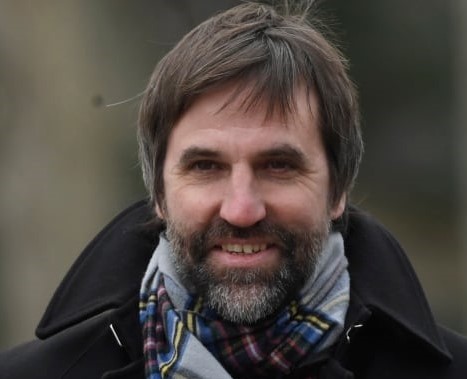By
April 30, 2021
-Western Standard
As MP’s were blitzed with thousands of protest emails on the government’s plan to censor the Internet, Heritage Minister Steven Guilbeault said Canadians against it are just confused.
“We’re outraged our government is trying to take so much power over our speech,” Matthew Hatfield, campaign director of the group Open Media of Vancouver, said in a statement.
Hatfield called the legislation “one of our most important fights since Open Media was founded a decade ago.”
Critics sent more than 8,000 emails to MPs’ offices on Thursday and free speech advocates were “frankly furious,” said Hatfield.
Bill C-10 would regulate users’ videos posted on YouTube similar to television programming, including a requirement that YouTube management comply with CRTC regulatory orders.
“They lied to us and inserted a Trojan Horse regulatory power over all user audiovisual content, easily the worst assault on Canadian freedom of expression we’ve seen in years,” Open Media wrote in a petition to supporters.
“It is an existential threat to the open internet in Canada,” said Hatfield.
“The videos, podcasts, pictures and memes that would come under CRTC regulation under the revised bill are not ‘programs’ being ‘broadcast.’ They’re the individual expressions of people living in Canada.”
Bill C-10 introduced last November 3 originally had an exemption for “programs that are uploaded to an online undertaking that provides a social media service,” but the Liberal cabinet had members of the Commons heritage committee remove the exemption at an April 23 hearing.
Opposition Leader Erin O’Toole called YouTube censorship a direct assault on political dissent on the internet.
Guilbeault “is trying to regulate political speech that he does not like,” said O’Toole.
“Why is the government attacking Canadians’ free speech rights?”
Guilbeault replied: “The characterization that this bill would restrain freedom of expression is factually incorrect and dangerously misleading,”
Conservative MP Rachael Harder (Lethbridge, Alta.) said YouTube controls, the first of their kind, set a dangerous precedent.
“Liberals are trying to give themselves the power to control what Canadians can read online, what they post on social media and videos they watch on YouTube,” said Harder.
“It is wrong. Why is the government doing this?”
“What we are seeing now is that these are big, powerful and in fact some of the wealthiest corporations on the planet,” replied Minister Guilbeault.
“Clearly the member opposite and her party are just afraid to stand up to them. Again it seems that the members of the Conservative Party are listening to the most extremist element of their Party.”
The Commons heritage committee Friday resumes clause-by-clause review of Bill C-10.




